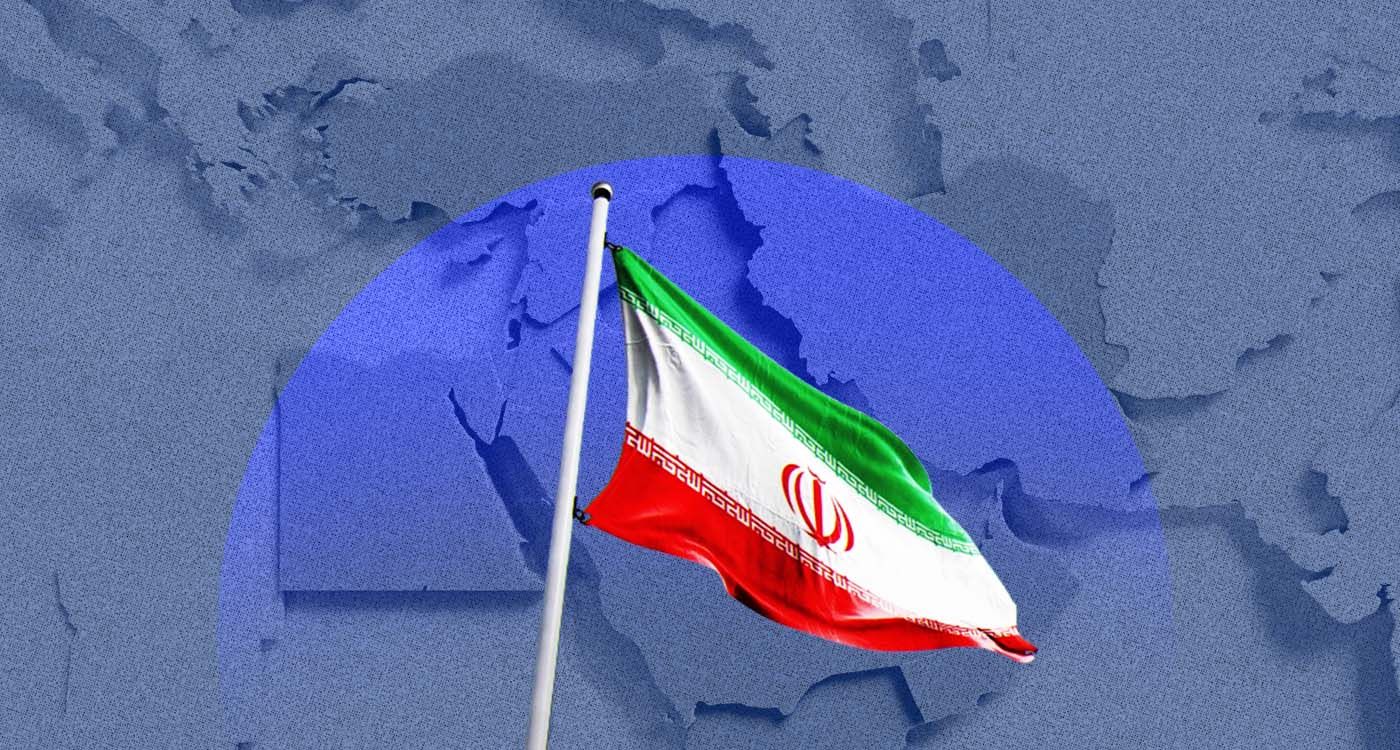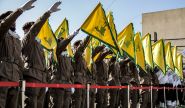- Home
- Middle East
- The Inevitable Defeat of the Iranian Islamist Dystopia

The undue prolongation of war in Lebanon and Gaza and its cohort of tragedies should be traced to the cynical calculations of the Iranian regime using the Near Eastern operational terrains as its remote defense lines. The war scheme is no hazard; it’s initially meant to protect Iranian strategic security, consolidate its dominions, destabilize the region and challenge Israeli security. When the Iranian Revolutionary Guard engaged in the latest stage of its subversion strategy, it made a flagrant blunder when it underestimated the hazards attached to the criminal undertaking of its proxies, Israel’s moral outrage and its overwhelming military capabilities.
The modulated attacks classify egregious strategic miscalculations, reckless, arrogant political posturing and undue self-estimation. The Israeli counteroffensive demonstrated the long-term preparedness of the IDF, the magnitude of its strategic and political scope, and the passage from the dissuasive strategy of the sanctuarization of national territories to a substantive counteroffensive that questions the existing geopolitics and the prevalent political and security dynamics throughout the Middle East.
The total war intonations that framed the whole undertaking from the very beginning, far from being incidental, have defined the nature of the Israeli counteroffensive and elicited the war ad hoc cabinet, the military leaders and Israeli citizens at large to feature this terror attack as an existential threat and deal with it on this very basis. The reckless and dismissive nature of Palestinian and Iranian reactions betray inherent misperceptions and a lack of political understanding of the triggered dynamics and their geostrategic purview. The tragic downside of the unleashed hostilities correlates with the moral callousness of Hezbollah and Hamas that pursue the fighting despite its irrelevance and humanitarian and ecological devastation.
The Iranian Revolutionary Guard, which masterminds the military activities throughout the geostrategic continuum extending between the different poles of the concentric “circles of fire” mounted by Iran, seems to favor this option as a buffer zone to safeguard its inner security perimeters. Nonetheless, this scenario has ended, and the confrontation between the two nemeses is on a direct collision course. The attempted arbitrations and truce-making rounds have literally plummeted since Iran was adamantly pursuing its kaleidoscopic military objectives, and the Israelis have come to terms with the nature of the existential menaces that are targeting their security.
The destruction of the Iranian proxies is definitive and preludes the final showdown between Iran and Israel since the militarization of Iranian nuclear energy has reached its climax. This impending security breach is a casus belli for both Israel and NATO and short of a diplomacy of de-escalation and demilitarization, the collision course is unavoidable. The Iranian regime is fully aware of the looming impasses and their domestic collaterals: the faltering military dynamics, the progressive unraveling of the regional destabilization networks, and the brutal erosion of the regime’s internal legitimacy account for the harshness of the repression. The conciliatory diplomacy attempted by the newly elected Iranian President Masoud Pezeschkian and Vice President Javad Zarif is an ultimate political recourse tainted with the conventional ambiguities that fashion the Iranian regime's international politics.
The conflict dynamics are set on an irreversible course unless Iran concedes to a political settlement and readies itself for an unlikely grand bargain. The shuttle diplomacy of the Biden administration was never able to reorder priorities and rearticulate a temporary truce to an overall political settlement. Otherwise, the Israelis, despite the hostage critical crisis and its revolving political differences and their associated travails, were unanimous in their support for the counter-offensive. The episode of October 7, 2023, is a major turnaround in the life of the nation and has reframed the enduring issues of national security in Israel, the new contours of anti-Semitism and its relationships with Zionism and Israeli statehood.
The diplomatic interlude between the consecutive US administrations is likely to be overshadowed by the pursuit of hostilities all along the geostrategic continuum, with Iran adding to the complexities of the military picture. The destruction of the operational platforms in Lebanon and Gaza and their auxiliaries (Syria, Iraq and Yemen) added to the Iranian theater have ushered in a new geostrategic and political dynamic whose reverberations are reaching the Turkish realms and their rickety balances. The American role is unchanged despite the impending political transition; truce-making and humanitarian diplomacy are unlikely to change the ongoing political and military courses and to preempt the unfolding of the subterranean dynamics of Iranian imperialism and the resolve of the Israeli counteroffensive and its broadened strategic scope. The hypothetical destruction of the Iranian regime's power base and its regional panhandles has come full circle and is unlikely to be amended.
Read more




Comments